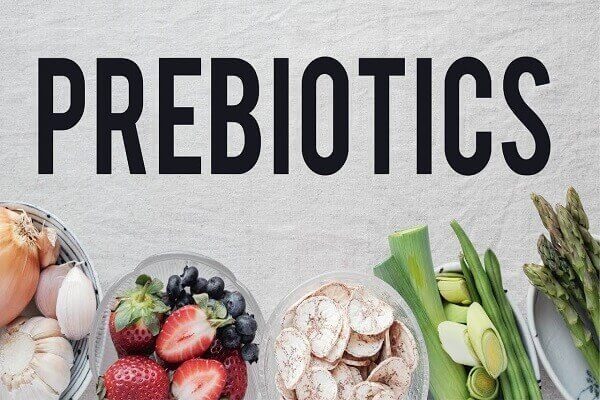Duck eggs are slowly becoming more popular among American cooks, with more and more people seeking out duck egg recipes to add some variety to their diet. They’re easy to prepare, they’re versatile and they’re nutritious! If you’ve never tried duck eggs before, there are plenty of reasons why you should give them a shot in your kitchen today!

What are duck eggs?
It’s no secret that eggs are a great source of protein. That’s because they’re packed with protein and vitamins. But, did you know there are different kinds of eggs out there? While most people think of chicken eggs as the only option, duck eggs are another excellent choice.
Why are duck eggs good for you?
You may not have heard of duck eggs before, but they are an excellent addition to your diet. Why? They are lower in calories and fat than chicken eggs and contain more protein (which helps keep you feeling full longer).
Plus, they provide a healthy dose of omega-3 fatty acids. That’s right–duck eggs contain five times the amount found in chicken eggs. Omega-3s are a good source of anti-inflammatory properties that can help reduce the risk of heart disease and arthritis. While all these benefits sound great, one thing is clear: you need to try them for yourself!
How can you incorporate duck eggs into your diet?
Adding duck eggs to your diet can be a great way to get nutrients you may not be getting from other foods. For instance, duck eggs are a good source of omega-3 fatty acids, which have been shown to help lower cholesterol levels and decrease the risk of heart disease. The calcium in duck eggs is also an essential part of healthy bones and teeth. Some people are allergic or react badly to chicken eggs, but many people find that duck eggs do not trigger any adverse reactions. If you’re looking for ways to incorporate more protein into your diet, try adding some hard boiled duck eggs into your morning omelet or salad for a healthy boost.
What are the health benefits of duck eggs?
Duck eggs are a great addition to your diet because they provide a number of nutrients that can’t be found in chicken eggs. Ducks and chickens both have a high concentration of omega-3 fatty acids, but the duck’s concentration is about three times higher than the chicken’s. Omega-3s have been shown to help reduce inflammation, improve heart health, and may even affect mood disorders such as depression. They also contain more Vitamin D than chicken eggs, which helps maintain bone density and is important for bone growth in children.
Are there any risks associated with eating duck eggs?
You may be wondering if there are any risks associated with eating duck eggs. Well, the answer is no. The benefits far outweigh the risks of eating duck eggs and we’ll tell you why in this blog post.
If you or your family have an allergy to chicken eggs, fear not because duck eggs do not contain any of those allergens that you may react poorly to.
Eating a diet rich in omega-3s is important for good health and since duck eggs are high in these healthy fats, they make a great addition to your diet.







